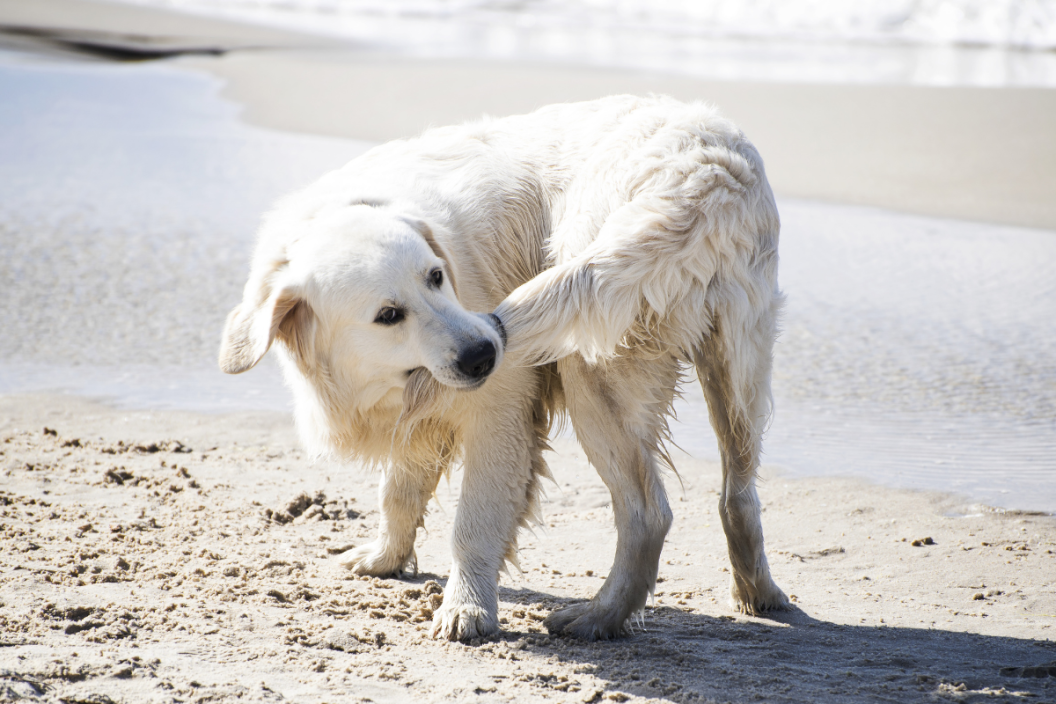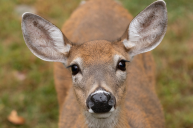Why do dogs chase their tails? Is it simply boredom or a behavioral problem?
Dogs are known for their loyalty, bravery, and... chasing their tails. But is this behavior healthy? And why do they do it? Some of the common reasons for tail-chasing are puppy play, boredom, behavioral problems, and medical issues.
Is It Puppy Play?
Puppies chew on their tails as they become more conscious of their body parts. Puppies regard the tail as a toy rather than part of their anatomy, and tail chasing in youth is usually a youthful issue that does not necessitate action. Puppies explore their anatomy and learn new things about themselves as they develop. They will most certainly outgrow this action, but pet parents who wish to discourage the behavior should provide chew toys and provide plenty of play to keep their puppies engaged.
Is It Boredom?
Adult dogs that are left alone for extended periods may get bored. Some dogs get cabin fever left inside the same four walls all day, and they can even get bored outside in their own yards if they lack mental/physical engagement and stimulation. Chasing their tails allows dogs to entertain themselves and burn off some of their pent-up energy. Dog owners who notice this behavior in their adult dogs should incorporate more mental stimulation and walks into their dog's routine. Food puzzles are also a good source of mental engagement if you are going to be away from your dog while you are away for long periods of time during the day.
Is It Behavioral?
Many owners might find it funny when their dog chases their tail. If your dog is suffering from separation anxiety, it may continue chasing their tail as a form of attention-seeking behavior. In this case, they may enjoy or accept both positive and negative attention from you as reinforcement to continue the behavior. To prevent this, make sure you engage with your dog daily and ignore them if they participate in unwanted behavior. Positive or neutral behavior modification has a higher chance of success for dogs with separation anxiety. Some experts have also suggested that compulsive tail chasing could be a disorder, such as obsessive-compulsive disorder (OCD). If you notice that your dog's tail-chasing is becoming a compulsive behavior, consult your vet or an animal behaviorist for advice.
Is It a Medical Problem?
It may be a medical issue if your adult dog is chasing and then chewing their own tail. This could be bugs such as fleas or ticks, or it could be a medical condition such as trauma to their tail, intestinal parasites, or mange. If you noticed your dog regularly chewing on their tail, treating a spot like it is a painful area, or struggling to wag their tail, take them to the vet to be evaluated.
Any tips to slow down tail-chasing dogs? Share on our Wide Open Pets Facebook page!




